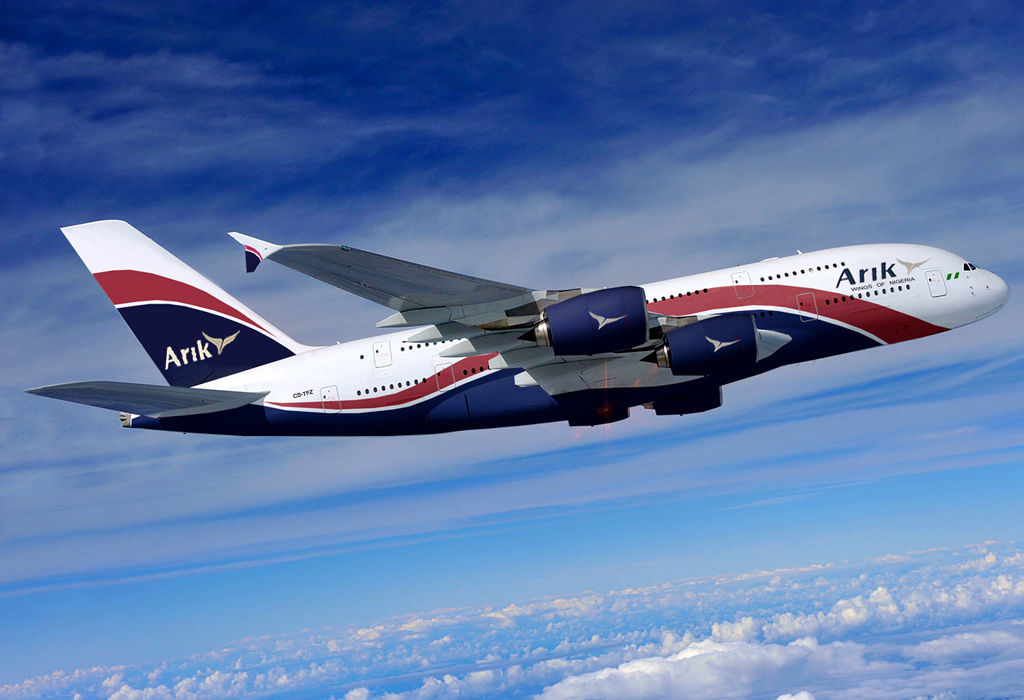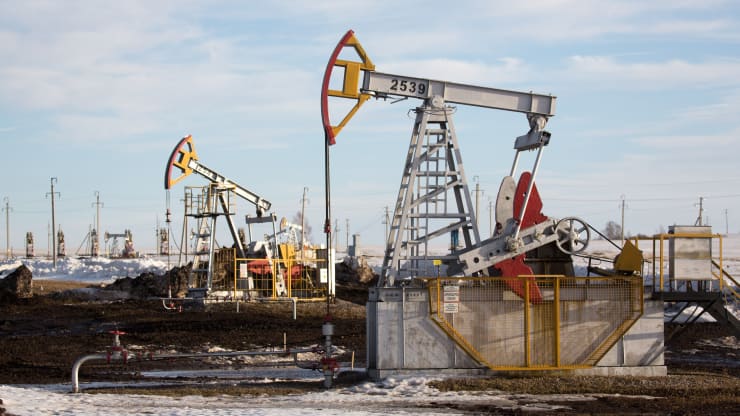- Nigeria Lost N48bn to Operational Hiccups in Aviation Sector in 2016
It has been projected that airlines, air travellers and aviation agencies lost about N48 billion in 2016 to operational hiccups, inadequate supply of aviation fuel and the attendant high prices.
These losses were said to have been incurred by passengers who lost businesses due to flight delays and cancellations; airlines that cancelled flights after expending money on logistics and equipment and aviation agencies that lost accruals on charges because of limited flight traffic due to paucity of the product.
Industry operators who spoke on the condition of anonymity, said that the losses were really difficult to quantify because it made travellers to lose confidence in the airlines, which the travellers have to pay almost double what they used to pay because the airlines have to pass exorbitant prices of aviation fuel to the passengers.
A chief executive officer of one of the airlines, explained: “Honestly we are trying our best to pass the cost of aviation fuel to the passengers; otherwise, we will not be able to operate. We cancelled flight last Sunday. We waited for two hours for aviation fuel, by the time the product came it was late to travel to our destination because that airport does not have airfield lighting so we cannot land there after 6:00 pm. We rescheduled the flight the following day at extra cost to the airline and the passengers,” he said.
The official noted that flight delays and cancellation make people lose their business appointments, scheduled business meeting and disorganize many other things lined up to be accomplished.
“It has a debilitating effect on the economy. We see huge increases in the cost of aviation fuel and we pass that cost to the customers or we will be out of business. Now passengers are rushing to the airports because of the season, but what happens in January after the Yuletide season?” the official asked.
The Director of Consumer Directorate of the Nigerian Civil Aviation Authority (NCAA), Adamu Abdullahi said passengers are bearing the brunt of aviation fuel scarcity and high prices.
“The traveller cannot meet up with his appointment. On international flights their bags are left behind because the aircraft will have to take more fuel and they cannot leave their bags so they wait for them to arrive. The airlines cannot even be held responsible because we have what we call force majure. The aviation fuel scarcity issue is even beyond the aviation industry,” Abdullahi said.
He noted that the essence of travelling by air is the gain the advantage of speed but this is defeated when the passengers spend hours to even board a flight and sometimes the flight is cancelled.
“The airlines don’t make money when aircraft are on the ground. So the airlines are losing and NCAA is also losing because the five percent charge is deducted from the ticket that has already been used,” he said.
A major operator said that although airlines pass the high aviation fuel price to the passengers but they don’t pass everything to the travellers; because if they do the price of air ticket would go beyond the reach of many of the citizens that are currently travelling by air.
“It will be very difficult to put figures on the losses because it is enormous. Every airline that cancels flight has lost the confidence of his passenger. A passenger who experiences flight cancellation or delay will share his experience with others. So anytime you delay you lose a passenger and if it is international flight, the delay may make you lose your landing slot, which means you will have to cancel the flight. When you delay for a certain number of hours you will have to lodge your passengers in a hotel and if you are operating a chartered flight you will still have to pay for the time you did not fly the aircraft.
“I think that the only people who may be gaining in all these are the oil marketers; all others are losing. The country is losing, the airlines are losing and the aviation agencies are also losing. The economic loss is too enormous,” the operator said.
Aviation fuel scarcity started in January till December this year and it is in 2016 that the product was sold as high as N240 to N310 per litre.
Even now that the Nigerian National Petroleum Corporation (NNPC) has announced that it had imported about 123,000 tons of the products, airlines believe that it would still take time before the product arrives Nigeria.
“It is a little too late, one of the airline bosses said.


 Naira4 weeks ago
Naira4 weeks ago
 Naira4 weeks ago
Naira4 weeks ago
 Travel4 weeks ago
Travel4 weeks ago
 Naira3 weeks ago
Naira3 weeks ago
 Jobs4 weeks ago
Jobs4 weeks ago
 Naira4 weeks ago
Naira4 weeks ago
 Investment4 weeks ago
Investment4 weeks ago
 Travel4 weeks ago
Travel4 weeks ago
























